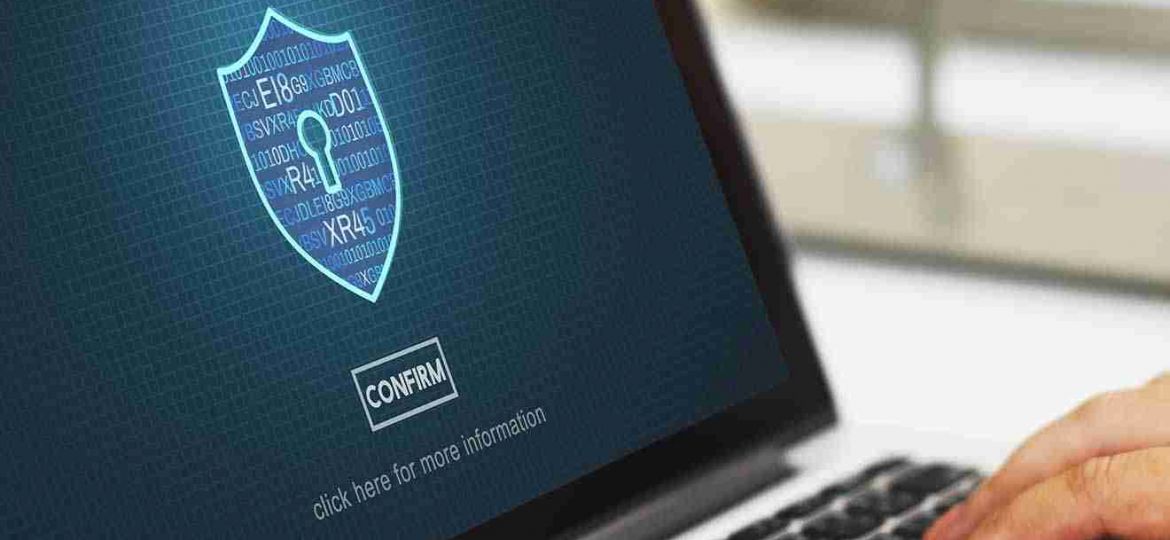
The tug of war between organizations aiming to achieve optimal cyber security and cyber attackers who are determined to break into essential systems is a never-ending one. Just as organizations come up with a new security measure that they think will scale up the security, the cyber attackers innovate on their attacking methods and manage to possess company’s critical data.
However, if organizations adopt this one, time-tested security measure, they are sure to fight cyber threats very effectively. The security measure is Encryption.
What is encryption?
Put simply, encryption means coding valuable business data and making it unreadable. It is the process of converting a simple, readable text into a ciphertext that a cyber attacker cannot understand.
Suppose a cyber attacker steals a valuable company data, the cyber attack will still be unsuccessful as he/she cannot understand what the data is all about because it is coded.
The decryption keys are provided only to the authorized personnel and employees of the organization. They can decode the data and read it as and when required.
So, how important is it for an organization to adopt encryption? Let’s address this by uncovering the benefits of encryption.
Benefits of encryption
#1 Data protection
Encryption codes essential data and makes it unreadable. Only the one who has access to the key to decrypt the data can decode the data to read it. Even if the company’s critical data lands in the hands of a cyber attacker, he/she will not be able to manipulate, steal, or delete it. The integrity of data remains intact.
#2 Aids seamless compliance
Compliance standards such as GDPR, HIPPA, CCPA, etc. primarily urges for data security and privacy management. It is imperative for an organization to conform to the regulatory requirements to obtain a certificate of compliance. Encryption of data gives very high level of security. When a company encrypts the data, they automatically comply to the regulatory requirements, making compliance a seamless process.
#3 Makes remote work safer
Most organizations today allow their employees to work remotely. It sure is a great way to get work done on-the-go, however, organizations are skeptical about the security of crucial business data that an employee operates on outside the secure office premise. Encryption secures the data, makes data sharing safe, and protects the data from eavesdropping attack.
#4 Builds brand name
Any organization that is not frequently prone to cyber attacks and takes advanced, stringent measures such as encryption to secure the data, certainly builds a goodwill for itself. It enjoys competitive advantage as customers continue being loyal to an organization having good cybersecurity policies.
Now that you know how encryption benefits the organization, we have listed some practices that will help the management implement encryption in a better way.
Top 3 encryption implementation best practices
Segregate relevant data
Encryption is important but, it is also important to evaluate which data really needs encryption. This calls for the need to segregate the data depending on its value, and the amount of damage that may incur should the data be stolen. Data that holds high value should ideally be encrypted with AES 256 (military-grade encryption) and data with little value may or may not be encrypted.
Prioritize giving access to keys
Not everyone is or should be entitled to having access to the keys that decrypt data. The objective to encrypt data is to ensure it does not become readily available for reading and sharing. Of course, encryption secures the data from cyberattacks but the security becomes twice as effective when access to decryption keys is given to selected employees only. If everyone has access to keys and can easily decode the data, the whole purpose of encrypting the data becomes void.
Carry post-implementation assessment
This is an extremely important step. The organization may strategize and implement best encryption protocols, but it is of no avail if the desired data security is not achieved. A frequent assessment on encryption methods implemented within the organization will give a clear overview about its effectiveness and changes to be made.
We live in a digital world where cyber crimes are growing invariably. The cyber attackers come up with new improved cyber attacking techniques time and again. So, we should not undermine the possibility of data landing in the wrong hands.
However, we sure can encrypt the data and make sure the intruder cannot make any sense of it and even the most valuable data becomes invaluable to the cyber attacker.
